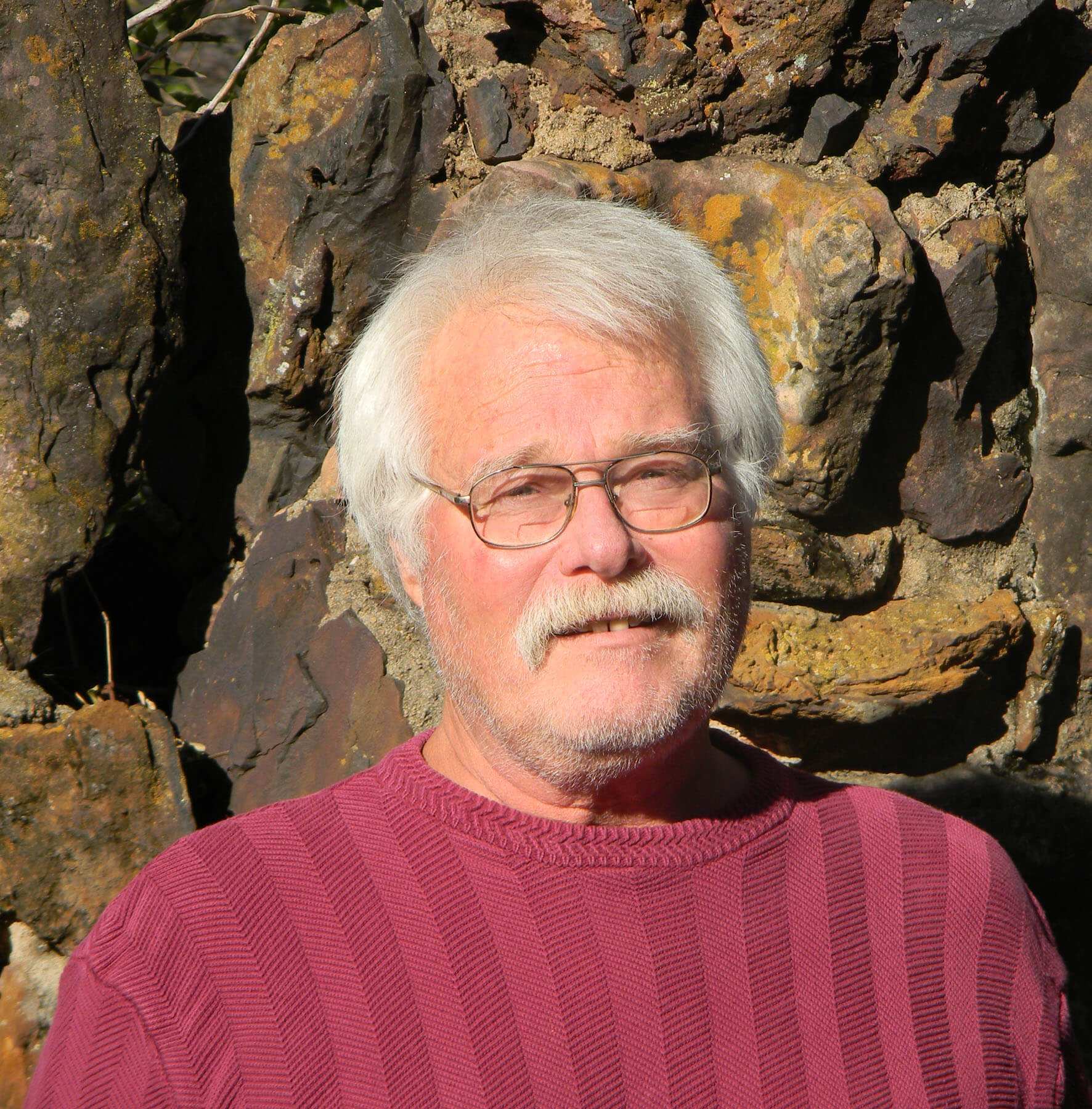On Tuesday, the Oklahoma City Public School Board hired Sean McDaniel as superintendent. His tenure as Aurora Lora’s successor will begin officially on July 1. Lora resigned Jan. 30. During the interim, Rebecca Kaye has served as acting superintendent.
Despite his qualifications, some have concerns that McDaniel holds little experience in urban education, having led Mustang Public Schools, a district that is one-quarter the size of OKCPS, for the past six years. Former OKCPS Superintendent Karl Springer, however, successfully made the same jump from Mustang to Oklahoma City, and he served very well for five years.
Now, the district faces different problems than during Springer’s tenure: Student population is declining, especially in its northern and eastern parts. Moreover, after years of budget cuts, the district faces an $11 million deficit over the next two years.
It must also pass a bond issue to stabilize schools in south Oklahoma City, an area where student population is actually growing but where the neighborhood schools face their greatest competition from charter schools.
Sean McDaniel
33 years’ education experience
17 years as a superintendent
Six years as Mustang Public Schools superintendent
2018 CCOSA Superintendent of the Year
Vice president of OSSAA board of directors
Former high school teacher of the year
Award-winning basketball coach
Three-year contract
$240,000 per year
As The Oklahoman’s Tim Willert reports, McDaniel’s bona fides include helping Mustang pass a $180.8 million bond to advance science, technology, engineering and math (STEM) instruction. The interpersonal skills required for passing such a bond issue were on display on Tuesday. McDaniel is 55 years old, but during Tuesday’s School Board meeting he declared himself “a young pup” who “honestly believe(s) that things are in place here that just need some connectivity now.” In doing so, McDaniel nailed the key issue he will face.
Partnerships offer the greatest potential
The OKCPS’s greatest potential assets are the partners who would like to join the district in providing the meaningful education that our students need. During Tuesday’s board meeting, chairwoman Paula Lewis correctly praised “collaboration and communication within the district community, with families and with community, business, civic and faith leaders.” Today’s school system is more willing than ever before to work with nonprofits and the business community, but it has yet to make relationship-building a priority. We need to connect, person to person.
Having been under the gun for such a long time, educators have been so focused on increasing measurable test outcomes that they have been unwilling to listen to community organizations that would welcome the opportunity to help set priorities and implement humane and holistic policies.
Many decisions lay ahead
During MAPS for Kids, community partners listened to the nation’s greatest education researchers, who explained that it is impossible to improve schools without first building trusting relationships. Education historian Larry Cuban and former PBS correspondent John Merrow have since explained how school reform unsuccessfully attempted to “deputize” individuals for overcoming legacies of generational poverty and segregation. The decision is whether we continue to try to hold individual educators accountable for dramatic increases in test scores or make schooling a team sport. In fact, there are several decisions.
For instance, should we continue to seek an accountability-driven “turnaround” strategy for eastside schools? Should we continue to narrow the curriculum and focus on remediation? Or should we emphasize socio-emotional student supports that allow for holistic instruction that builds on students’ strengths?
Further, should the OKCPS continue to set the system’s priorities and then ask volunteers to help implement them? Or should we reach out to the OKC Innovation District, businesses like G.E. and Boeing, the OU Health Science Center and nonprofits, and listen to their knowledge?
I would like to present the case for seeking outside funding and professional wisdom for high-quality, hands-on STEM instruction in northeast Oklahoma City. If the community prefers to double-down on the multi-million dollar turnaround policies that have previously failed at Douglass, Centennial and other OKCPS schools, I’ll respect that.
I remain hopeful
McDaniel seems to be uniquely qualified to lead an open and balanced conversation on whether OKCPS should stay the course or work with partners to set new priorities. I’m hopeful that he will be a great person for leading such an evidence-based discussion, and I’m confident that most stakeholders would choose to respect our poorest children of color by offering the same meaningful education that is provided in the suburbs and exurbs.






















